What does it mean to reduce harm in treatment? For years we have had many methods to treat substance abuse; abstinence programs, as a disease… yet we have more drug overdoses today than ever before. There is a drive to embrace a new way of thinking, and that is in harm reduction. Our guest, Dr. Andrew Tatarsky, has dedicated his life to this epidemic and has developed an Integrative Harm Reduction Psychotherapy treatment for drug and substance abuse. He meets people where they are, listens with compassion, and works to create a relationship with those he treats, so they feel safe and can heal. Dr. Tatarsky walks with his patients on their journey as they figure it out together – and couldn’t we all use someone to walk with when we are struggling?
“If the treatment isn't more appealing than the symptom or the drug? Why should somebody go to treatment?”
Andrew Tatarsky is an internationally recognized leader in the treatment of problematic substance use and other potentially risky behaviors. He has specialized in the field of substance use treatment for 35 years working as a counselor, psychologist, program director, trainer, advocate and author. He has devoted his career to developing a comprehensive psychobiosocial understanding of the broad spectrum of substance use problems and an integrative harm reduction psychotherapy approach to treating this spectrum.
Dr. Tatarsky is Founder and Director of the Center for Optimal Living in NYC, a treatment and professional training center based on Integrative Harm Reduction Therapy (IHRP) for the spectrum of substance misuse and other high-risk behaviors. He earned his doctorate in clinical psychology from the City University of New York and is a graduate of New York University's Postdoctoral Program in Psychotherapy and Psychoanalysis. He is a member of the medical and clinical advisory panels to the Office of Alcoholism and Substance Abuse Services of New York State. Dr. Tatarsky is a founding member and twice past-president of the Division on Addiction of New York State Psychological Association.
Show notes:
Richard’s Introduction to Harm Reduction programs
How harm reduction emerged
The failures of abstinence based disease model treatment
The addiction as a disease model
Is it an impulse control disorder?
The Psychobiosocial interaction in our habits
What place does detoxification have in harm reduction?
Finding motivation to change
The most important variable in psychotherapy is the alliance between the patient and the therapist
Coffee addictions
What is driving harm reduction today?
Can someone succeed with controlled use?
Harm Reduction Therapy is compassionate pragmatism
Links and references:
Want the episode transcript and video? Join our Tribe!
Have a Healing Story to Share?
We’d love to hear from you on political and health issues, and are currently soliciting stories from individuals, couples, and families who would like to share their healing stories with psychedelics.

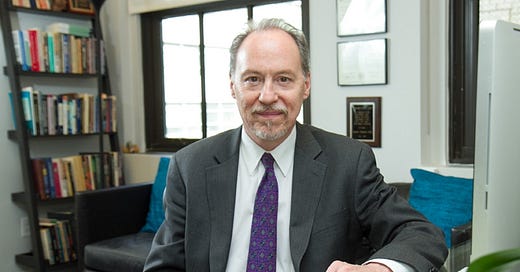
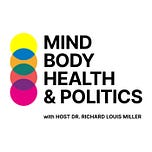


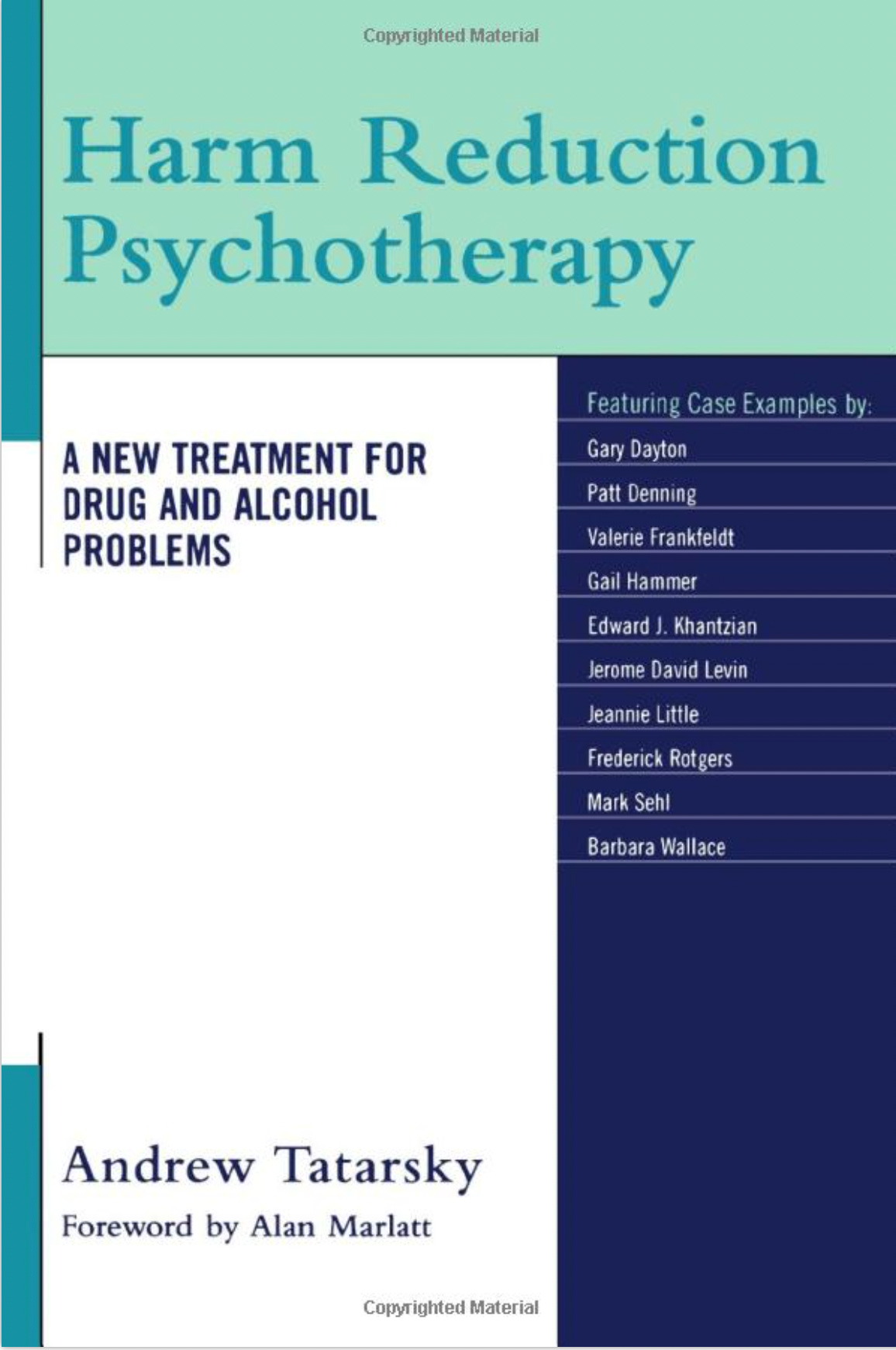

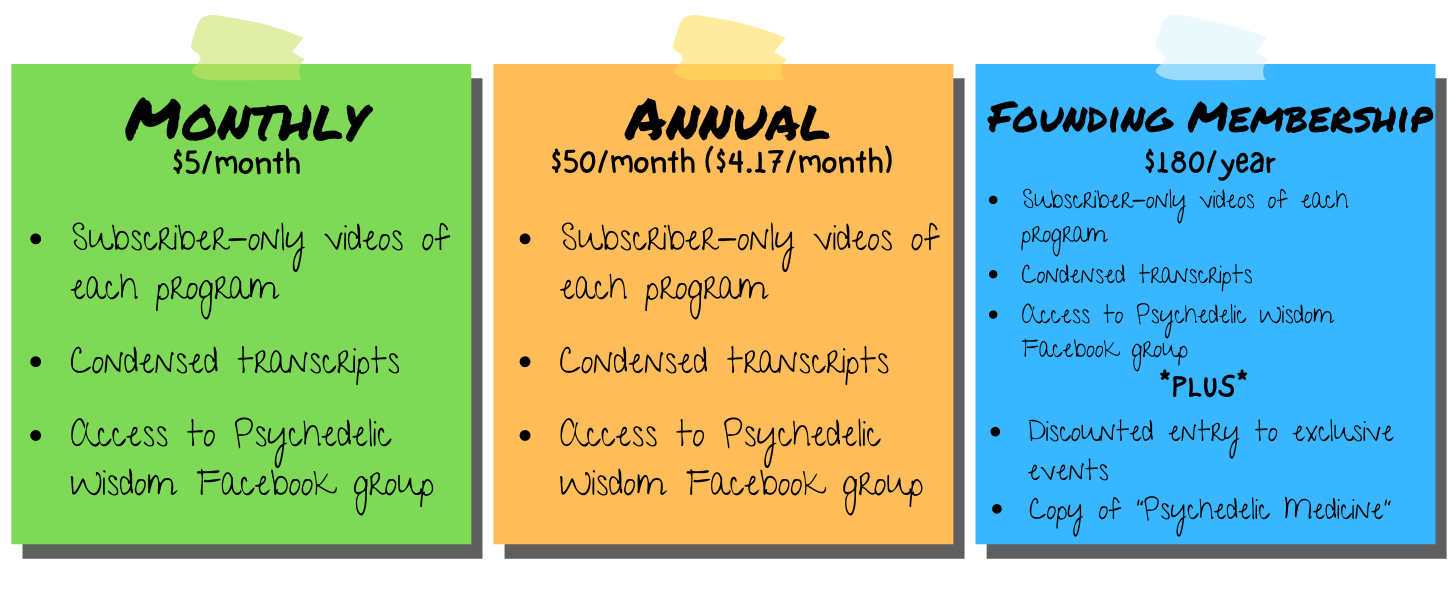




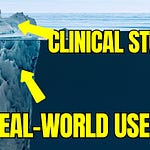
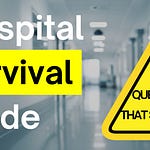
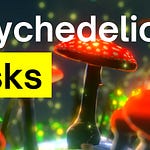

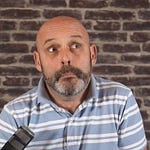
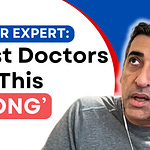

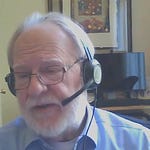
Share this post